A dramatic story, based on actual events, about the friendship between two men struggling against apartheid in South Africa in the 1970s. Donald Woods is a white liberal journalist in […]
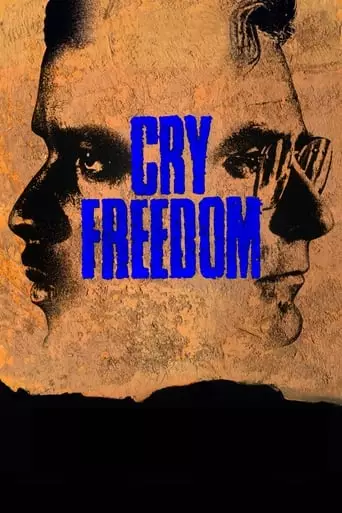
A dramatic story, based on actual events, about the friendship between two men struggling against apartheid in South Africa in the 1970s. Donald Woods is a white liberal journalist in […]
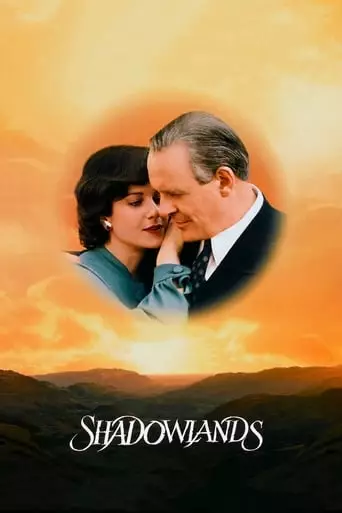
C.S. Lewis, a world-renowned writer and professor, leads a passionless life until he meets spirited poet Joy Gresham. Shadowlands is a 1993 biographical drama directed by Richard Attenborough, depicting the […]
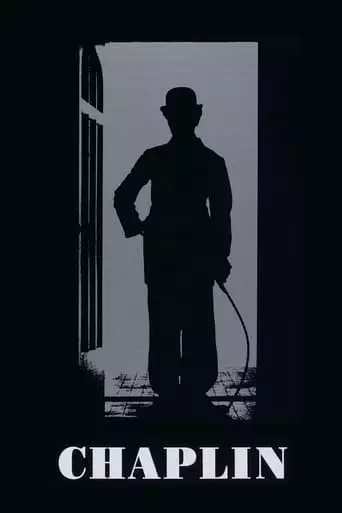
An aged Charlie Chaplin narrates his life to his autobiography’s editor, including his rise to wealth and comedic fame from poverty, his turbulent personal life and his run-ins with the […]
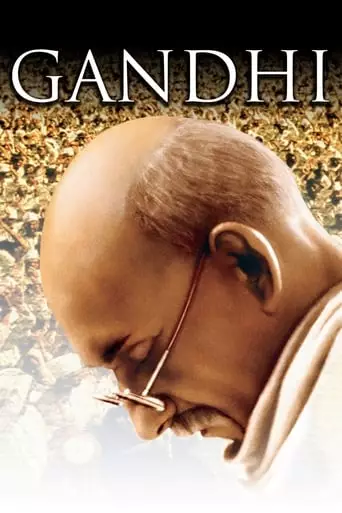
In the early years of the 20th century, Mohandas K. Gandhi, a British-trained lawyer, forsakes all worldly possessions to take up the cause of Indian independence. Faced with armed resistance […]
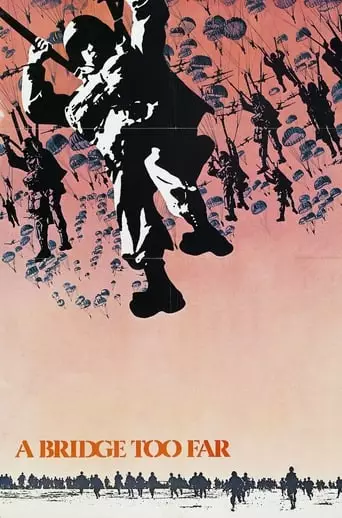
The story of Operation Market Garden—a failed attempt by the allies in the latter stages of WWII to end the war quickly by securing three bridges in Holland allowing access […]
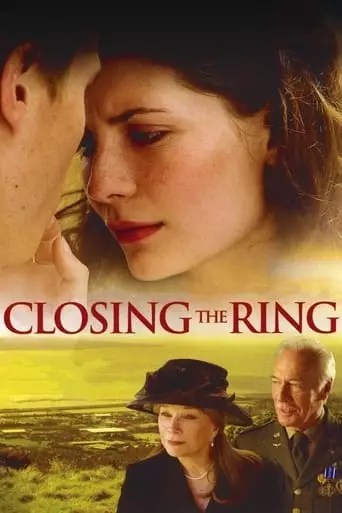
During the 1940s, a group of young men go off to war, leaving behind Ethel Ann, who is in love with one of them, Teddy. In modern-day Belfast, a man […]
Richard Attenborough: A Legendary Filmmaker and Humanitarian
Richard Attenborough, an iconic figure in the world of cinema, was much more than just a director. An accomplished actor, producer, and humanitarian, Attenborough’s contributions to the arts and society spanned decades. His career behind the camera is marked by a deep commitment to storytelling, often exploring themes of resilience, morality, and the human spirit.
From his early days as a celebrated actor to his transition into a world-class filmmaker, Attenborough’s legacy is one of artistic brilliance and compassionate activism.
Early Life and Acting Career
Richard Samuel Attenborough was born on August 29, 1923, in Cambridge, England. The eldest of three brothers—one of whom, David Attenborough, became a renowned naturalist and broadcaster—Richard grew up in a household that valued education and creativity.
Attenborough studied at the Royal Academy of Dramatic Art (RADA) and began his acting career in the 1940s. His breakout role came in Brighton Rock (1947), where he played the chilling anti-hero Pinkie Brown. His performance established him as one of Britain’s most talented young actors.
Throughout the 1950s and 1960s, Attenborough appeared in numerous acclaimed films, including The Great Escape (1963), where he played RAF Squadron Leader Roger Bartlett, and 10 Rillington Place (1971), in which he portrayed the notorious serial killer John Christie. His acting career showcased his versatility, seamlessly moving between heroic and villainous roles.
Transition to Directing
By the late 1960s, Attenborough shifted his focus to directing, a move that allowed him to pursue his passion for storytelling on a larger canvas. His directorial debut, Oh! What a Lovely War (1969), was a satirical musical about World War I. The film, praised for its bold approach and poignant commentary, marked Attenborough as a director with a distinct vision.
This success paved the way for a series of ambitious and critically acclaimed projects, many of which became landmarks in cinema.
Directorial Highlights
Young Winston (1972)
A biographical drama about the early life of Winston Churchill, Young Winston showcased Attenborough’s ability to bring historical figures to life with nuance and grandeur.
A Bridge Too Far (1977)
This star-studded World War II epic chronicled the ill-fated Operation Market Garden. With its meticulous attention to detail and large-scale battle sequences, the film solidified Attenborough’s reputation as a master of historical storytelling.
Gandhi (1982)
Arguably Attenborough’s magnum opus, Gandhi is a biographical masterpiece about the life and philosophy of Mahatma Gandhi, played by Ben Kingsley in an Oscar-winning performance. The film was a labor of love for Attenborough, who spent nearly two decades bringing it to fruition.
Gandhi won eight Academy Awards, including Best Picture and Best Director, and remains one of the most revered biopics in cinema history. The film’s sweeping narrative, combined with its profound message of nonviolence and justice, resonated with audiences worldwide.
Cry Freedom (1987)
This powerful drama explored the friendship between South African activist Steve Biko (Denzel Washington) and journalist Donald Woods (Kevin Kline) during the apartheid era. Cry Freedom highlighted Attenborough’s commitment to social justice and his ability to tackle politically charged subjects with sensitivity.
Chaplin (1992)
Starring Robert Downey Jr. as Charlie Chaplin, this biographical film celebrated the life and career of one of cinema’s greatest icons. Attenborough’s attention to detail and Downey’s transformative performance earned widespread acclaim.
Shadowlands (1993)
A poignant love story about writer C.S. Lewis and poet Joy Gresham, Shadowlands demonstrated Attenborough’s gift for intimate, character-driven storytelling.
Humanitarian Work
Beyond his work in cinema, Attenborough was a tireless advocate for humanitarian causes. He served as a goodwill ambassador for UNICEF and supported numerous charities, including those focused on human rights, environmental conservation, and education. His commitment to social issues often informed his choice of film projects, reflecting his belief in the power of storytelling to inspire change.
Attenborough was also a staunch supporter of the arts, serving as the president of the Royal Academy of Dramatic Art (RADA) and the British Academy of Film and Television Arts (BAFTA). His contributions to both the artistic and humanitarian spheres earned him widespread admiration and numerous accolades, including a knighthood in 1976 and a life peerage as Baron Attenborough in 1993.
Legacy
Richard Attenborough passed away on August 24, 2014, leaving behind a legacy that continues to inspire. His films, marked by their humanity, ambition, and artistic excellence, remain timeless. As a director, he demonstrated an unparalleled ability to bring historical and biographical narratives to life, earning him a place among the greats of cinema.
Attenborough’s dual roles as an artist and activist exemplify the potential of cinema to not only entertain but also educate and advocate for a better world. Whether through his portrayal of compelling characters or his direction of sweeping epics, Richard Attenborough’s contributions to the arts and society are a testament to his enduring impact.